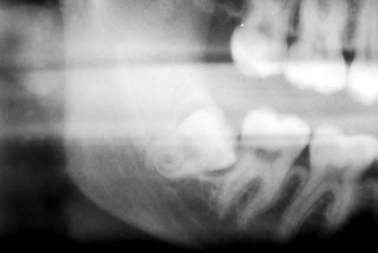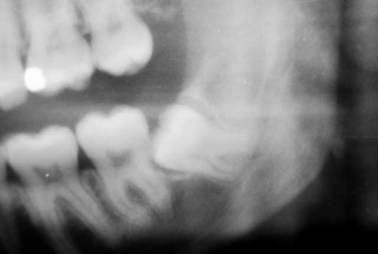Unfortunately, not all teeth can be saved and some have to be extracted. We can also perform oral surgery, including the extraction of wisdom teeth. Other circumstances may oblige us to resort to surgery, such as the treatment of periodontal disease, gum recession, pre-prosthetic surgery or biopsy. During the procedures, we make it a priority to minimize all risks and complications and to provide the most comfort.
Wisdom teeth
Not all wisdom teeth need to be extracted, but unfortunately there are many cases where they need to be extracted. Wisdom teeth may have to be extracted for several reasons. A lack of space is very common for maxillaries. This lack of space often leads to the inability of some teeth to grow completely. Some of these teeth can therefore be only partially shown, usually half-covered with the gums, so they become prone to infections called pericoronitis infections on a regular basis. These types of infections can be painful and serious. The teeth may also be incorrectly angled due to the lack of space and can induce cavities and gum problems on the back of adjacent teeth. Because of their incorrect placement, they can be very difficult to clean or maintain and therefore be prone to cavities.
To prevent these potential problems, a proper assessment of their condition and their position is made through an oral examination and x-rays. Ideally, if a lack of space is evident in late adolescence or early adulthood, extractions can then be done as a preventive measure. It is easier and less risky to extract wisdom teeth before the roots develop completely in many cases. The inferior alveolar dental nerve passes through the lower jaw under the wisdom teeth; in some cases the complete development of the roots may cause a higher risk of numbness of the lower lip. It is also recommended that these teeth be extracted before they cause irreversible damage to the adjacent teeth.






